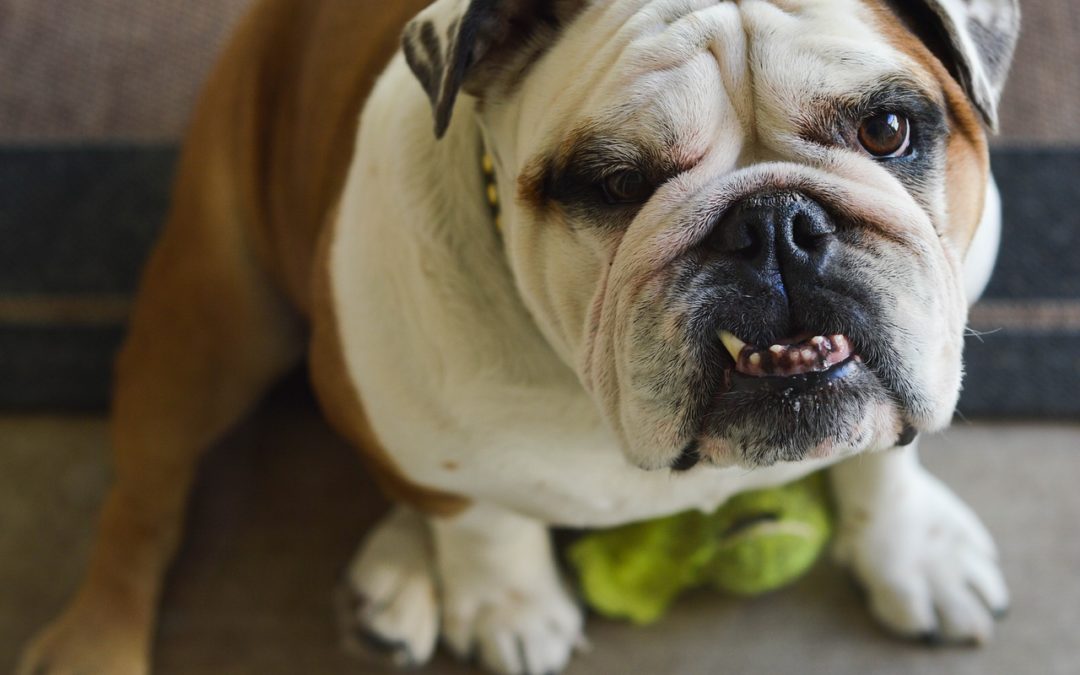Imagine the story of Fez, a now older Labrador loving life in his house.
At Fez’s home there were kids and toys and, now, properly regulated food bowls. He loved to run and play in the yard. One day, he traveled to see his favorite veterinarian who also shared his same name. Dr. Fez made sure he took good care of Fez and prevented diseases by vaccinating him and also deworming him. As Fez made his way into adult doggy-hood he noticed his mouth began to have a weird taste to it (and it wasn’t due to the occasional poop-cicles or ground vermin he allowed himself to munch on). Fez’s loving family took him to see Dr. Fez to see what could possibly be the problem. During a thorough examination, Dr. Fez gently lifted his lip to reveal a cave full of bacteria, infection, and pus! OH MY!! HOW EMBARRASSING!! What happened to Fez? How did his teeth get so bad?
When we think about all of the care that our pets need over the course of their lives, dental cleanings aren’t usually on the top of the list. Isn’t that what all those dog bones and hard kibble they eat are for? Yes, to a certain point. Two main factors will influence the overall dental health of any pet; First and foremost is genetics; breed, size, and background are factors are that we cannot change. The second factor (which we can control!) is the food we choose to feed our pets. Food can make a huge difference in your pet’s dental health.
One of the most important aspects to choosing a food is to avoid a food that has added sugars or sodium. Regardless of your pet’s genetics too much sugar or sodium will cause dental disease to escalate quickly and sugars and sodium are in a TON of commercial/store bought pet foods. They are added to enhance the palatability (tastiness) of the kibble and your pet will probably really like these foods, just like you really like ice cream and chips. The problem is that these ingredients are the building blocks for calculus (that gross black/brown stuff that accumulates on our pet’s teeth)! Pet food companies can be very tricky and will add these ingredients under many names such as: dextrose, fructose, glucose, lactose, xylose, maltose, levulose, caramel, sodium and sweetener. If your pet’s food contains any of these ingredients it may be time to schedule an appointment with our Veterinarians or our Certified Nutritional Specialist at Animal Medical Center to discuss a healthier option.
Another important item to consider in regard to food is choosing between dry, wet and/or semi-moist. Canned pet food is about 80% water and while it can aid us in treating certain diseases and can be given as a treat, it usually escalates dental disease. The semi-moist kibble that looks like dry kibble but is soft and easy to break apart is actually held together with some form of sugar!! This sugar helps bind tartar to our pets’ teeth!
So what kind of food should we be feeding our furry friends to help aid our dental disease?? Hard kibble is the best, especially if you feed one that holds this seal.
This seal tells you that this food has gone through extensive testing and has proved that it actually helps prevent dental disease. There are also treats that hold this seal that can help our pets’ dental health including: Purina Dental Chewz, Science Diet T/D and Dental Care Chews. Dental disease is the most predominate disease for dogs and cats. It affects 80% of our pets over the age of 2 so we at Animal Medical Center want to help you make the best decisions for your pets’ dental health.
You can stop by anytime for an always free dental consult from one of our trained dental technicians. Additionally, if you need help picking out the best food for your pet, in regard to dental health or otherwise, come into Animal Medical Center for a free nutritional consult from our certified staff.
If you have any questions about your pet’s food, please call us at 307-682-1507 and ask to speak with Tara.
Tara is a Certified Pet Nutrition Specialist at Animal Medical Center and watch for her blog “Tara’s Kitchen Bites” every month!


